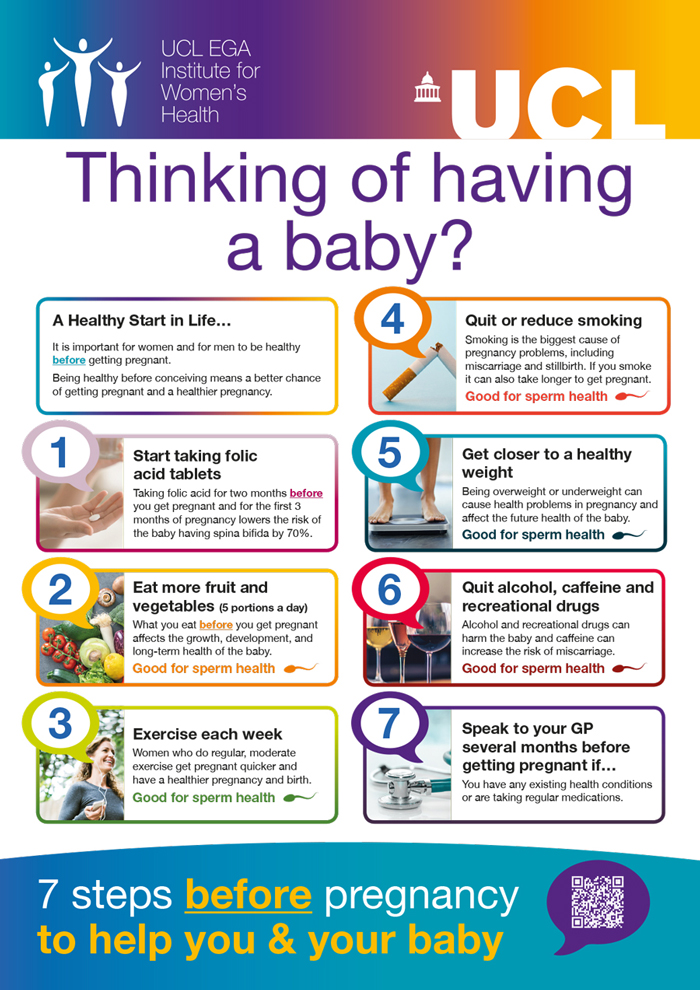What is a period and why does it happen?
The first day of the menstrual cycle is the first day of the period. A period is when the lining of the womb comes away
Periods usually lasts between 3 and 7 days
Periods are usually once a month and regular, but some people's periods are more unpredictable
Some methods of contraception can help make periods lighter, more regular, or allow people to control if and when they have a period (find out more)
It does no harm if contraception stops periods - there is no build up of blood inside, since the womb lining just stays thin (find out more)
After a period the lining of the womb begins to build up again
Period blood is not bad blood - period blood is darker because it comes out slower
How do people get pregnant?
An egg is released around the middle of the cycle (ovulation). The egg travels down the fallopian tube into the womb. If sperm fertilises an egg, it settles into the lining of the womb and an embryo begins to grow
The lining of the womb is needed to help the embryo grow, so the periods stop when pregnancy begins.
If the egg isn’t fertilised by sperm, the lining of the womb breaks down and comes away (a period)
An egg is only available for fertilisation for 12 to 24 hours every month - that's one reason why people sometimes don't get pregnant straight away
Although an egg doesn't live long, sperm can live for up to a week - that's why people have to be so careful about unprotected sex
Thinking of having a baby?

